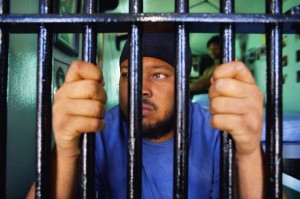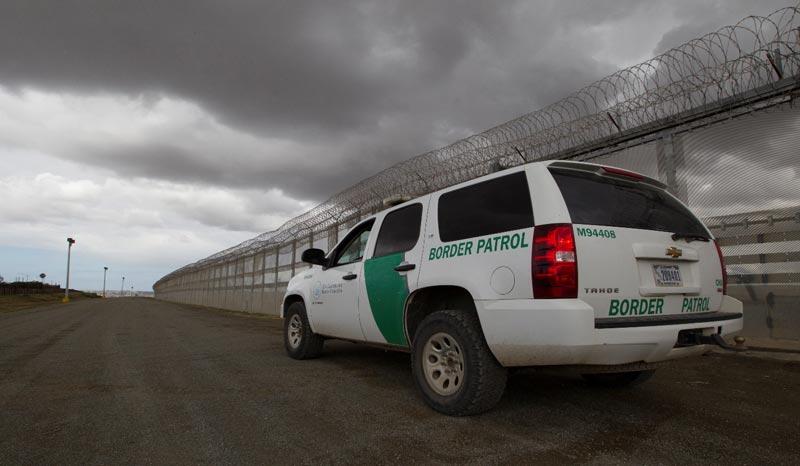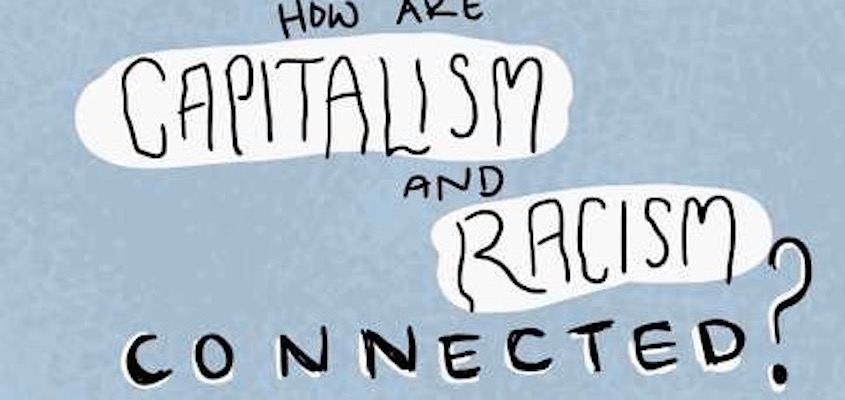(ThyBlackMan.com) Although the politicians in Washington may have shut down talks on criminal justice reform until after the mid-term elections, people behind bars are speaking up for themselves. From August 21st until September 9th, inmates across 17 states are engaging in work strikes, hunger strikes and sit-ins to protest conditions in state and federal prisons.
They are pressing 10 demands to improve the criminal justice system including:
- An end to prison overcrowding;
- More rehabilitation services; and
- An end to “over-charging” people of color.
Their biggest demand is for an end to “prison slavery” that allows inmates to be “hired out” for as little as 20 cents an hour. While the Thirteenth Amendment to the U.S. Constitution abolished slavery, it left one exception:
“Neither Slavery or involuntary servitude, except for punishment of a crime whereof the party shall have been duly convicted, shall exist within the United States, nor any place subject to their jurisdiction.”
This carve out allowing people held in prisons to be paid “slave wages” has been used from Reconstruction until today to exploit prison labor. For example, inmates were paid one dollar per hour, plus two dollars per day, to fight the recent wildfires out west. And this practice is widespread throughout the prison system around the country.
The incarceration rate in the United States far exceeds any other country in the world at 698 per 100,000 people. This includes countries we consider “authoritarian” or “dictatorships” like Cuba (510), Russia (413) or China (118). We even lock up more people than countries considered the most dangerous in the world like El Salvador (614).
After being locked up, people are locked out from things like security clearances, federally guaranteed student loans and other benefits of citizenship; including voting rights. The “box” on employment applications, asking to be checked if you’ve ever been convicted of a crime, can lock many people out from all but the most menial jobs. And studies have shown that whites who check the box are still more likely to be called back for interviews, and jobs, than black people with a high school diploma with no prior convictions.
It’s time we get serious about criminal justice reforms and support politicians and legislation seeking to make meaningful changes. California, for instance, just abolished cash bail, replacing it with a “threat matrix” to determine who can be released before trial. While not perfect, it does eliminate one of the largest hurdles for poor people caught up in the criminal justice system.
Perhaps the biggest reform we should be seeking is an end to the over-reliance on incarceration. There’s no apparent reason why the United States should have the largest prison population and why people of color are disproportionately represented. And once time has been served, rights should be restored enabling returning citizens to fully participate in society.
Lord knows, many of us were just one traffic stop, or one drug search away from a trip to jail. That doesn’t make us any better, just more fortunate, than those who may have been swept up and imprisoned. An end to prison slavery, and the restoration of full citizenship once the debt to society has been paid, would make America a more just society.
Staff Writer; Harry Sewell




















Thank you for remembering and suggesting more political and societal care for our brothers and sisters who have been, or are now incarcerated. Too many people seem to forget about their loved ones who are locked up.We should never lose sight of the fact that many of our past and present civil rights leaders like Dr. Martin Luther King, Jr. were, and are ex-offenders, probationers, and parolees, and to those who are locked up, remember that the human soul can never be incarcerated. Your body may be temporarily or permanently detained, but you have the ability to think, remember, and imagine. Embrace life, and from your place of misery imagine a better day, and work towards making that better day imagined a reality in your life.